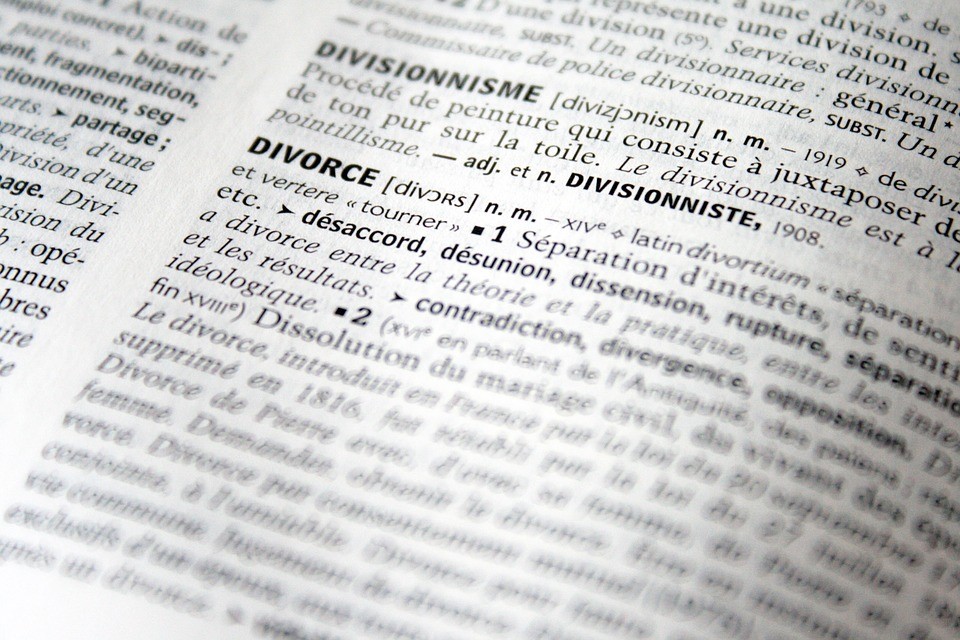
There’s no other way to put it. Virginia divorce law is complicated – especially when it comes to splitting property. In large part, this is because the law mandates that all relevant property is identified as marital, separate, or part marital and part separate (hybrid property) to facilitate a “fair division of marital property and debts.” This means a divorcing couple’s disagreement over or lack of understanding about how to classify property can create significant conflicts and add even more stress to a process often fraught with emotional and financial turmoil.
In this article, we’ll explain how Virginia courts determine “who gets what” and why mediation can be a better option than litigation.
The basics
According to the Virginia State Bar, Virginia is one of more than 40 states that employ equitable distribution law to determine the division of marital property and debts in divorce.

Within this context, it is important to understand the following definitions:
Marital property includes all jointly owned property and “all other property, other than separate property” obtained between the date of the marriage and date of separation.
Separate property is defined as all property obtained by either spouse prior to marriage and all property acquired during the marriage through inheritance or as a gift from someone other than a spouse.
Hybrid property is broadly defined as a combination of marital and separate property.
Here are some examples of each:
Marital property could be a home purchased by a married couple where both of their names are on the title or a retirement account amassed during the marriage even if the account is only in one person’s name.
Separate property could be a vehicle given to one spouse by a parent, an inheritance from a relative, or a cash gift from a third party. Any gift that one spouse receives from the other is legally classified as marital property.
Hybrid property: The following are examples of hybrid (mixed) property:
A home purchased by the couple where:
- One spouse put their separate funds towards the purchase; and
- The couple used marital funds to pay off the mortgage while married.
The added value of a business where:
- One spouse owned the business prior to the marriage; and
- Either person’s “personal efforts” during the marriage resulted in a substantial increase in value.
* Personal effort in this context is legally defined as “the work, effort, resourcefulness, physical or intellectual skill, creativity, or managerial, promotional, or marketing activity applied directly to the separate property of either spouse.”
In litigation, what property and debts a judge determines are separate, what are marital, and what are hybrid is crucial because a judge only has the authority to divide marital property and debts or the marital portion of hybrid property and debts.
Why mediation can be a better option than litigation
In mediation, spouses may divide any property or debt, regardless of how a judge might classify it, in any way to which they both agree. In addition to the law, their decisions may be driven by:
- Their own sense of personal justice and fairness;
- Their history of financial management, discussion and planning;
- Their goals prior to and after divorce;
- Their children’s needs; and
- Their own needs and fears.
The bottom line is mediation allows divorcing spouses to make their own decisions about what works for them as to the distribution of their property and allocation of their debts. Sometimes they choose to look through the same classification filters a judge would, and sometimes they don’t.
To learn more about our divorce mediation services at Kales & Kales PLC and how we can help you reach an out of court settlement of your case , contact us online or by phone at (703) 896-7580. You can also send email to contactus@kaleslaw.com.
Featured Image Credit: Staff Sgt. Teresa J. Cleveland
In Post Image Credit: CQF-avocat / Pixabay
